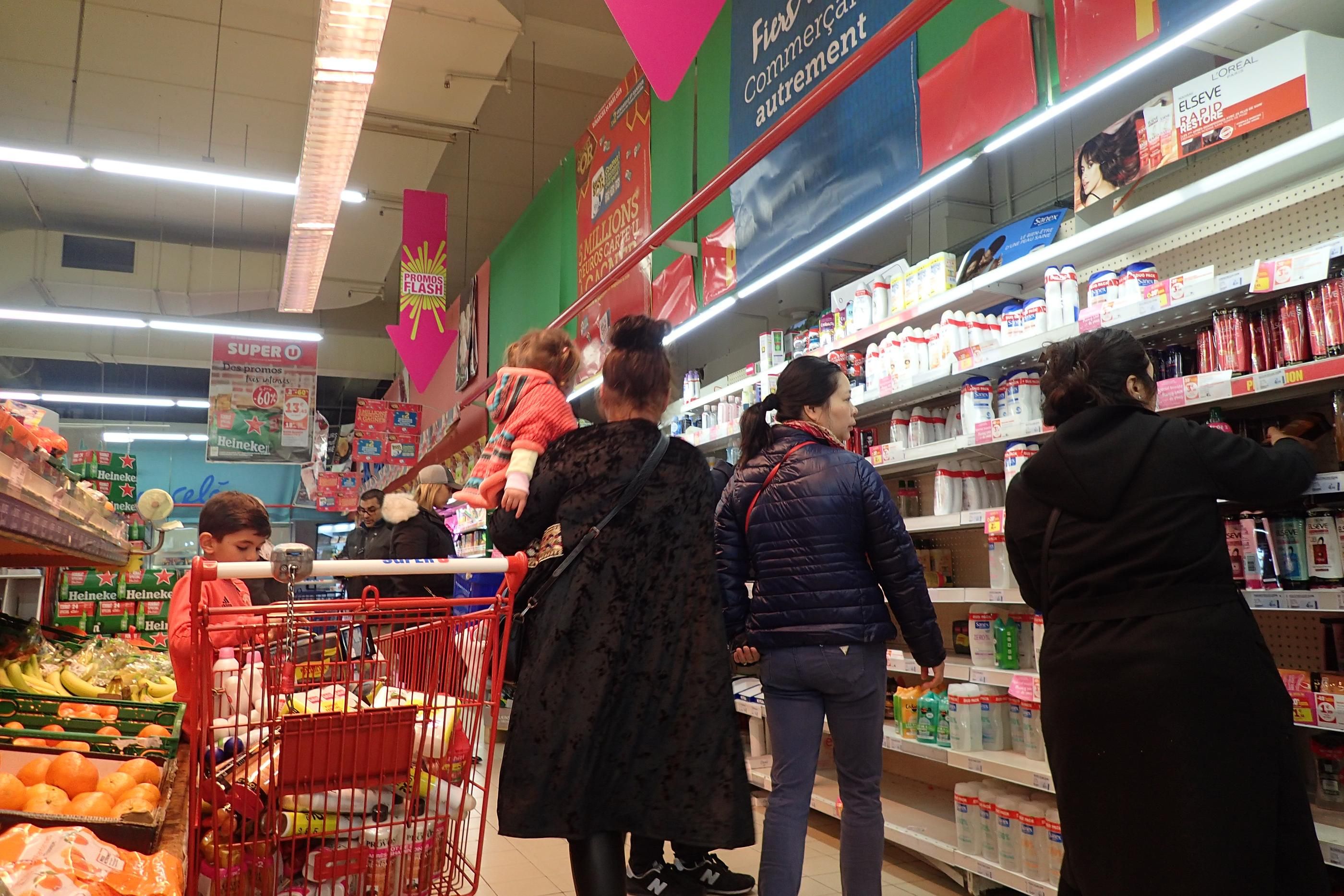They have free rein in our stores, are sometimes displayed at the head of the gondola ... But do customers really know what they are drinking when they open a can of energy drink?
The consumer association Consumption housing living environment (CLCV) is calling on Friday for better regulation of these beverages by law.
Their wishes include clearer labeling and a limitation of caffeine and taurine content.
Energy drinks have been marketed since 2008 in France.
In 2013, they were the subject of an opinion from the ANSES health agency, which then recommended not to combine them with alcohol and advised against their consumption by adolescents and pregnant women in particular.
More than seven years later, CLCV is asking for "much clearer and more legible labeling", so that the recommendations of ANSES are better highlighted.
A “trivialization” of consumption
Overall, energy drinks generated a turnover of nearly 250 million euros in France in 2019, reports CLCV, citing a study by the Nielsen firm, that is to say twice more than in 2013. Figures that make it speak in a press release of "trivializing" their consumption.
Energy drinks #energydrink: consume in moderation ❗️ ❌
Cocktail of #Sugar, additives and caffeine ☕☕️☕
❌Health
risk
⚠ Beware of #Marketing and risky behaviors of young people
👉 https://t.co/Cnm7ykOaY1 pic .twitter.com / lh9q3LiQT5
- CLCV (@clcvorg) March 5, 2021
A code of good practice, put in place by the sector, already exists but the association considers that it "does not go far enough".
This code thus caps the caffeine content at 320 mg / l and that of taurine at 4,000 mg / l, but "these values are not sufficient", argues CLCV.
“We are asking for the caffeine and taurine content to be regulated for all energy drinks, taking into account their actual conditions of consumption by adolescents,” she underlines.
However, the association itself notes that the current level of consumption of these drinks by people considered at risk is not known.
This is why it also wants ANSES to conduct a study to assess it, as well as the short and long-term effects on health.

